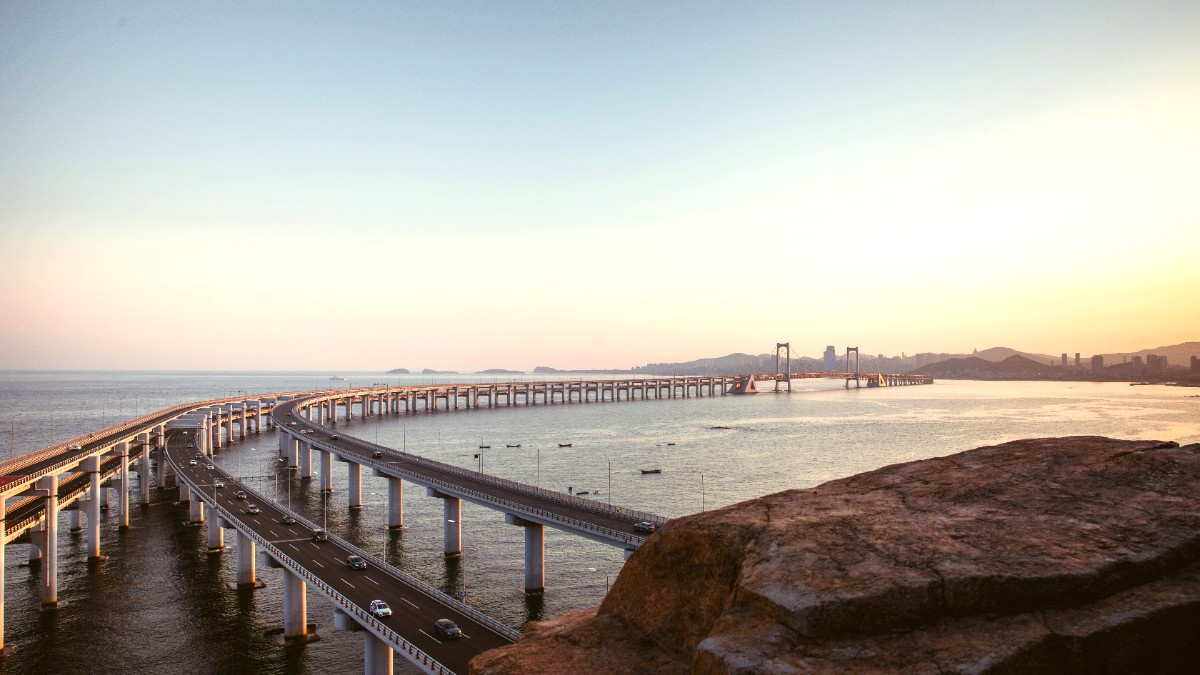
Liaoning, China
China has three major mobile providers: China Mobile, China Unicom, and China Telecom. China Unicom often has good international network compatibility, aligning with most Western phones.
China's "Great Firewall" blocks access to many international websites and apps, including Google services, Facebook, Instagram, WhatsApp, and YouTube.
Mandarin Chinese (Putonghua) is the official language. English proficiency varies greatly; it is generally low outside of major international hotels and some larger tourist attractions.
This gesture opens doors to more authentic experiences.
A simple "Nǐ hǎo" (hello) is appropriate. A slight nod is common. Handshakes are usual in formal settings.
Casual wear suits most daily activities. Modest dress (shoulders and knees covered) is advisable for temples or religious sites. Swimwear is for beaches or pools.
Tipping is not customary. Avoid sticking chopsticks vertically into rice. Dishes are generally shared. Eating loudly or slurping is normal.
Generally fine to take photos in public spaces. Always ask for permission before photographing individuals, especially children, the elderly, or people in traditional settings.
Avoid discussing sensitive political topics or criticizing the Chinese government in public or with strangers.
If you have specific accessibility needs, plan your itinerary meticulously, focusing on newer facilities and major attractions that are more likely to be accessible. Communication with your hotel and tour operators in advance is good.
Your choices as a traveler directly influence the local economy and communities in Dalian.
Dalian has efforts to preserve its unique architectural heritage, especially in areas like Zhongshan Square, Russian Street, and Japanese Street.
Always ask for permission before photographing individuals, notably children, the elderly, or people in rural or traditional settings.
When visiting temples or other religious sites, observe respect.
Your travel choices influence the local economy and communities.
Make a conscious effort to learn a few basic Mandarin phrases. This gesture opens doors to more authentic interactions with locals and significantly improves your trip.